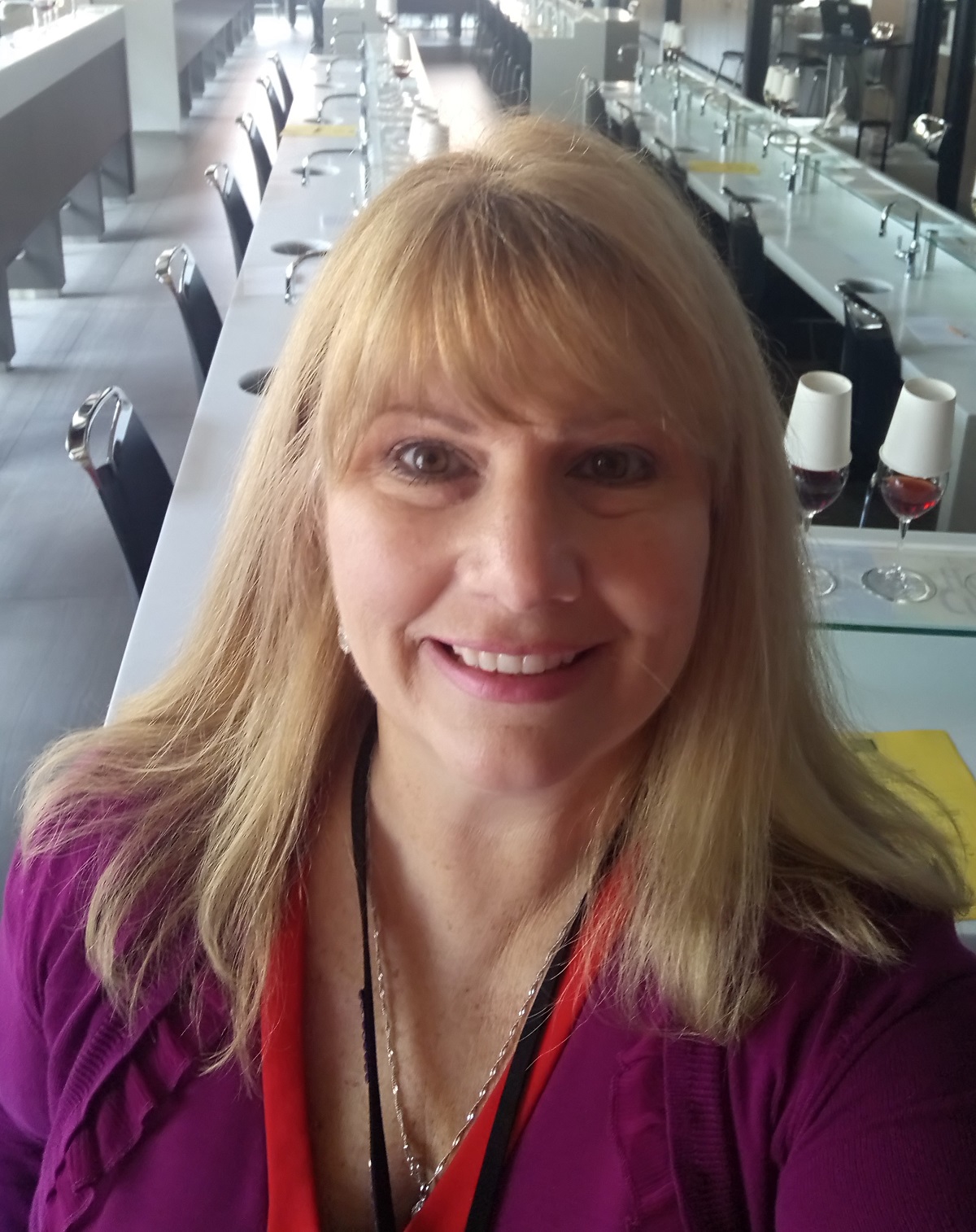How do you get the highest ROI on membership dollars for joining MPI? Get Involved!
Get Involved
My Journey: A Continued Road to Learning: The Future of Education: Rethinking the Classroom
The forecast for the Greater Toronto Area for December 31st, 2019 included snow squall watches but tapering off in time for NYE celebrations. The 16th-century physician and writer, turned clairvoyant, Michel de Nostredame, AKA, Nostradamus, predicted that in 2020 the world could be headed for a rough year starting with the threat of climate change and political unrest.
Who predicted the global technological shift that happened mid-March?
As professors in a Hospitality centric program, there is an understanding that the existence of education is based on the critical value of industry ideology driven by emotional intelligence. Our response to the March 16th, 2020 classroom shutdown was swift and driven by anonymized discussions of digital translation of courses and outcomes. Sensitive considerations to a diverse and multi-generational student base were weaved throughout the planning process. We had to consider how to make sense of words, flavours, scents, theories and business without being face to face while keeping the driving force of applicable learning in sight.
Imagine yourself as a student in the last semester of your diploma or degree and finding out that your externship is no longer an option in-person. This is where the story begins; a story of vision, creativity, and collaboration, led by a visionary, Professor Tammy Vaillancourt.
The faculty’s first touchpoint, March 23rd, 2020, was online through Microsoft Teams, where we began the process of re-imagining the externship with the emphasis on the mentorship and experience industry leaders provide students. We did not doubt that industry leaders had the will to support students. The challenge was and remains that the industry itself is in the biggest economic crisis of the century. Despite this adversity, industry leaders shared kindness, compassion, and hope for our students. Webinars were made up of five industry-led sessions including liability and risk management, customer service, finance, leadership and human resource management. Students were given questions and problems derived from the webinars, later to be worked on through discussion boards. A propitious point of view presented by a student's vision was to raise funds for furloughed food and beverage employees. She discussed how the "noble industry lives on through notable changes created by the immense impact of social networks," and went on to present ways to sustain an event management business.
Other notable learning outcomes came from twenty-four guest speakers featuring alumnae, a global social media influencer and author, a prominent provincial lawyer, an advocate and ambassador for Indigenous arts, culture, and public affairs. In all cases, students had questions and many comments including, "I want to learn more about First Nation People," "I have never been in the same room as a social media influencer and never realized how much goes into this," "I see myself studying law one day." Students also interviewed industry leaders and, in some teams, developed video presentations to contribute ideas regarding industry challenges.
Not all faculty members and students are comfortable with virtual classrooms. A robust and well-versed tech-team supported the shift in a timely and in many cases, personalized manner. There was a herculean effort to assist students who do not have computer and internet access. During the summer, a pilot project was weaved into the new paradigm where VR headsets were loaded with situational experiences relating to the hospitality and event industry. The concept was exciting and at the same time tedious. A ground-breaking approach to applied learning with advanced and customized learning experiences: another device to understand, an online obstacle to overcome and at times, with nauseating effects.
One of the key learning moments in this new wave of educational norms is the relevance of trying new methods to approach education. In many ways, an educator can consider themselves as a Futurist- a person that can make predictions based on current trends. Being prepared to let go of something that is not working to ensure Student success is a significant consideration in this unaccustomed era. By no means are we the first to offer online learning. More than sixty million people study on free education platforms such as Coursera. The added value we provide is the emotional intelligence and human "touch" that we are all capable of sharing. Ultimately, that is a lesson that students never forget.
About the Author:

Doris Miculan Bradley is a Professor and Program Coordinator for the Special Event Management Program in the School of Hospitality Management at George Brown College. Her research featuring Canadian Sparkling Wine has been published in academic journals in Canada and Europe. Doris worked as a Restaurateur and General Manager for the CN Tower’s 360 Revolving Restaurant. Her career also includes, Five Level Certified Sommelier, Certified Chef, International Wine Judge, Journalist, Licensed Import Agent, and Brand Ambassador. She currently sits as the President for Grapes for Humanity Canada. Through the generous support of the wine enthusiasts and producers, Grapes for Humanity has helped raise funds to support global communities in need. Today, she is involved in virtual fundraising by hosting Ontario’s first government sanctioned online wine auction to support the Hospitality Industry employees.

Leave a commentOrder by
Newest on top Oldest on top